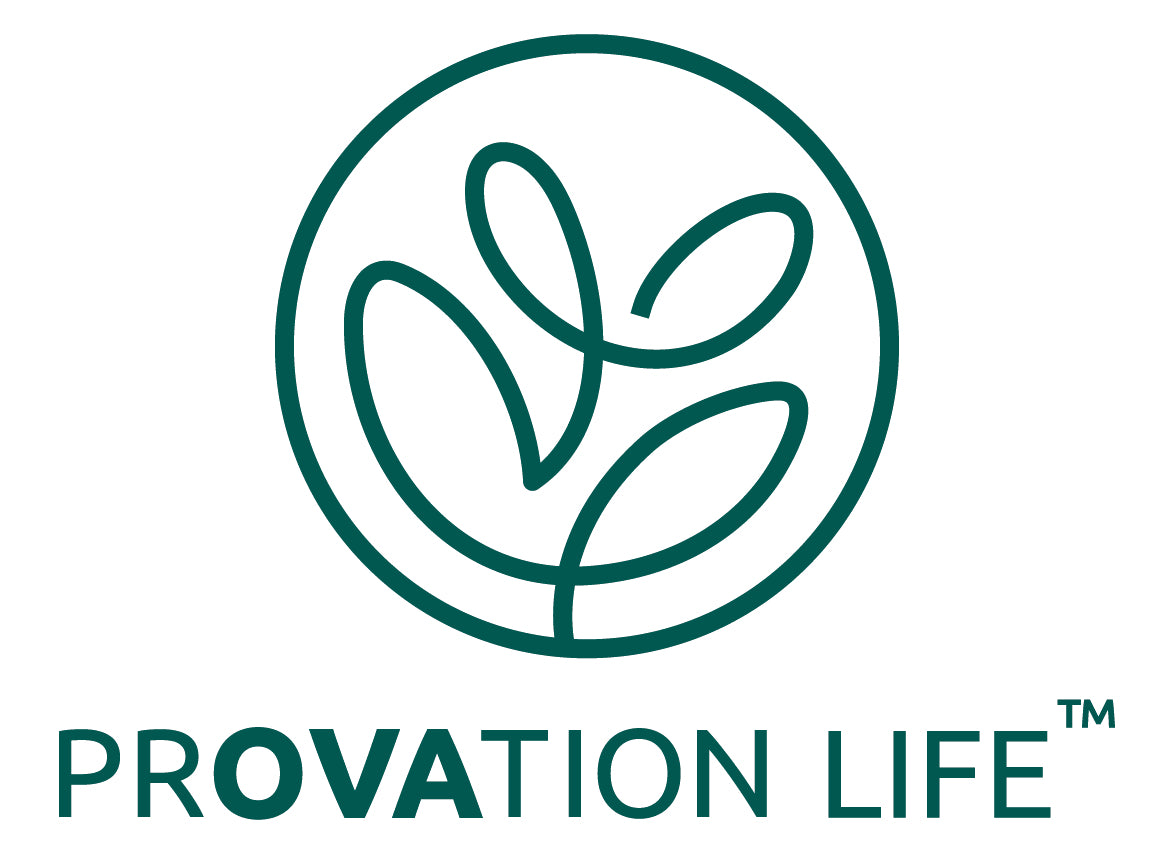Polycystic Ovary Syndrome (PCOS) is a common endocrine disorder affecting women of reproductive age, characterized by irregular menstrual periods, excessive hair growth, acne, and obesity. This multifaceted condition not only impacts a woman's hormonal balance but also her overall health and well-being, increasing the risk for type 2 diabetes, cardiovascular diseases, and mental health issues. Amidst a range of treatments and lifestyle modifications to manage PCOS, the role of gut health has gained significant attention. Probiotics, known for their health benefits in balancing gut microbiota, emerge as a promising adjunct therapy. This article delves into how probiotics can play a pivotal role in improving the health of individuals with PCOS.
Understanding the Gut-PCOS Connection
The gut microbiome, comprising trillions of bacteria, plays a crucial role in the body's metabolic processes, immune response, and hormonal balance. Research has shown that women with PCOS often have imbalanced gut microbiota, also known as dysbiosis, which can exacerbate the symptoms of PCOS by influencing insulin resistance, inflammation, and hormone regulation. Probiotics, live microorganisms that confer health benefits when administered in adequate amounts, offer a natural way to restore this balance, potentially alleviating some of the symptoms associated with PCOS.
Probiotics and Insulin Resistance
Insulin resistance is a hallmark of PCOS, contributing to high insulin levels, weight gain, and metabolic abnormalities. Probiotics can improve insulin sensitivity and lower blood sugar levels by enhancing the gut barrier function, reducing inflammation, and modulating the gut microbiome composition. Regular intake of specific probiotic strains has been linked to reductions in fasting blood glucose and improvements in insulin sensitivity, making probiotics a valuable tool in managing PCOS-related metabolic issues.
Impact on Hormonal Balance
The hormonal imbalances seen in PCOS, including elevated levels of androgens (male hormones), can lead to symptoms like hirsutism (excess hair growth), acne, and menstrual irregularities. Probiotics can influence hormonal regulation by improving gut health, which in turn affects the enterohepatic circulation and metabolism of hormones. By modulating the microbiota, probiotics can help in reducing circulating androgen levels, thus potentially improving the hormonal profile and symptoms of PCOS.
Probiotics and Inflammation
PCOS is often accompanied by low-grade inflammation, contributing to the development of cardiovascular disease and exacerbating PCOS symptoms. Probiotics have been shown to possess anti-inflammatory properties, reducing levels of inflammatory markers in the body. By mitigating systemic inflammation, probiotics can not only help in managing PCOS but also reduce the risk of associated complications.
Weight Management and Probiotics
Obesity and difficulty losing weight are common challenges for individuals with PCOS. Probiotics can aid in weight management by influencing appetite regulation, energy expenditure, and fat storage. Certain probiotic strains have been associated with reduced body weight and improved metabolic health in PCOS, making them a supportive therapy in weight management strategies.
Choosing the Right Probiotics
While the potential benefits of probiotics for PCOS are promising, it's important to choose the right strains and ensure they are taken in adequate amounts. Lactobacillus and Bifidobacterium species are among the most studied and recommended for improving PCOS health. However, it's crucial to consult with a healthcare professional before starting any probiotic supplement, especially for individuals with underlying health conditions or those taking other medications.
Probiotics offer a natural, supportive therapy for managing PCOS by improving gut health, enhancing insulin sensitivity, balancing hormones, reducing inflammation, and supporting weight management. While probiotics are not a cure for PCOS, they can be an effective part of a comprehensive treatment plan. Embracing a holistic approach that includes dietary changes, regular exercise, stress management, and probiotics can significantly improve the quality of life for individuals with PCOS. As research continues to evolve, the future may hold even more insights into the beneficial role of probiotics in PCOS health.
Important Disclaimer: I am unable to provide medical advice. This information is not a substitute for professional medical advice, diagnosis, or treatment. Always consult with a qualified healthcare professional for any questions you may have regarding a medical condition. Never disregard professional medical advice or delay in seeking it because of something you have read here. This does not constitute a doctor-patient relationship.
References
Angoorani P, Ejtahed HS, Ettehad Marvasti F, Taghavi M, Mohammadpour Ahranjani B, Hasani-Ranjbar S, Larijani B. The effects of probiotics, prebiotics, and synbiotics on polycystic ovarian syndrome: an overview of systematic reviews. Front Med (Lausanne). 2023 Jun 9;10:1141355. doi: 10.3389/fmed.2023.1141355. PMID: 37359018; PMCID: PMC10288857.
Corrie L, Awasthi A, Kaur J, Vishwas S, Gulati M, Kaur IP, Gupta G, Kommineni N, Dua K, Singh SK. Interplay of Gut Microbiota in Polycystic Ovarian Syndrome: Role of Gut Microbiota, Mechanistic Pathways and Potential Treatment Strategies. Pharmaceuticals (Basel). 2023 Jan 28;16(2):197. doi: 10.3390/ph16020197. PMID: 37259345; PMCID: PMC9967581.
Calcaterra V, Rossi V, Massini G, Casini F, Zuccotti G, Fabiano V. Probiotics and Polycystic Ovary Syndrome: A Perspective for Management in Adolescents with Obesity. Nutrients. 2023 Jul 14;15(14):3144. doi: 10.3390/nu15143144. PMID: 37513562; PMCID: PMC10384396.












